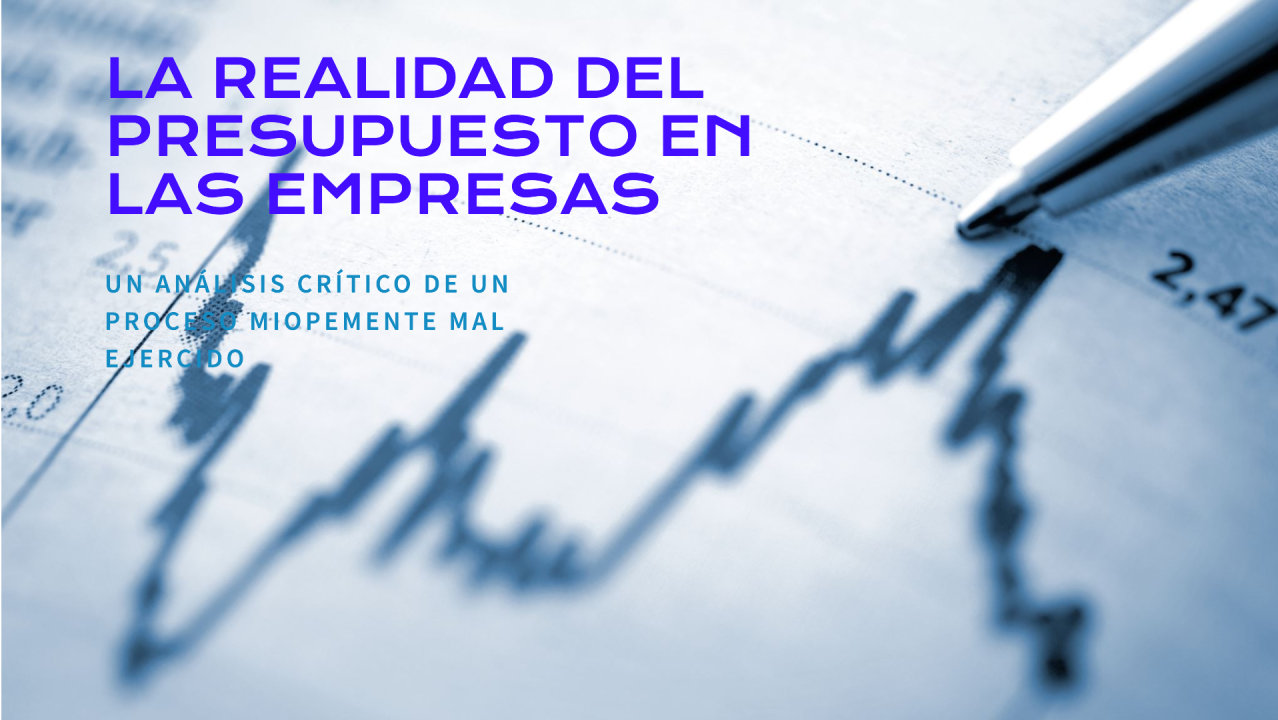
Data Analytics Outsourcing: A Strategic Approach to Unlocking Business Value
Data Analytics Outsourcing: A Strategic Approach to Unlocking Business Value

In today’s data-driven world, Data Analytics Outsourcing has emerged as a powerful solution for businesses looking to extract actionable insights from vast and complex datasets without investing heavily in internal data infrastructure or personnel. As the owner of Transanalytics Data, a Chilean firm specializing in data analytics, and with over 18 years of experience in innovation and technology management, I have seen firsthand how outsourcing data analytics can transform companies by providing them with access to cutting-edge technologies and skilled professionals.
This paper will explore the benefits and drawbacks of data analytics outsourcing, the common pitfalls companies face when pursuing this approach, and how organizations can successfully navigate this complex terrain. Drawing on my expertise and current MBA and Information Technology studies, this article aims to provide a comprehensive and insightful perspective on the strategic value of data analytics outsourcing.
What is Data Analytics Outsourcing?
Data analytics outsourcing refers to delegating data-related tasks to a third-party service provider, including collection, processing, and analysis. This provider, like Transanalytics Data, offers specialized expertise, tools, and infrastructure to help businesses harness the value of their data. For many companies, this approach represents an efficient way to leverage data insights while focusing on their core operations.
The Pros of Data Analytics Outsourcing
- Access to Expertise and Specialized Knowledge One of the primary advantages of outsourcing is the ability to tap into a team of experts with advanced knowledge in machine learning, artificial intelligence (AI), predictive analytics, and big data processing. Building such a team in-house can be prohibitively expensive and time-consuming. Companies like Transanalytics Data provide immediate access to these skills, ensuring high-quality analysis without developing these capabilities internally.
- Cost Efficiency Outsourcing data analytics can be significantly more cost-effective than maintaining an in-house team. Companies can avoid the costs associated with hiring, training, and retaining specialized staff and the investment in hardware and software infrastructure. With outsourcing, businesses pay only for the services they need, allowing them to scale up or down depending on their current demands.
- Focus on Core Business Functions By outsourcing data analytics; companies can focus on their core competencies without being bogged down by data management and analysis complexities. This allows leadership to dedicate more resources to innovation, customer experience, and business growth. As I’ve seen through my work at Transanalytics Data, companies benefit from not having to juggle the dual responsibilities of running their operations and managing sophisticated analytics workflows.
- Scalability and Flexibility The ability to scale operations efficiently is another key benefit of outsourcing. As business needs evolve, companies can adjust their data analytics services accordingly. Whether scaling up for a large project or scaling down during slower periods, outsourcing offers the flexibility that internal teams may struggle to achieve.
- Faster Time to Insights External providers are often equipped with the latest tools and methodologies, allowing them to deliver faster, more accurate insights. For businesses looking to stay ahead of the competition, the ability to rapidly convert raw data into actionable intelligence can be a game-changer.
The Cons of Data Analytics Outsourcing
- Loss of Control A significant concern for businesses when outsourcing any critical function is the potential loss of control. By relying on an external provider, companies may have less visibility into how data is managed and analyzed. This lack of oversight can create anxiety around the quality and security of the results delivered.
- Security and Privacy Risks Data privacy is critical, especially in highly regulated industries such as finance, healthcare, and energy. Outsourcing data analytics to a third-party provider can introduce security vulnerabilities, particularly if the provider does not have robust cybersecurity protocols. At Transanalytics Data, we prioritize data security and ensure compliance with international privacy standards to mitigate these risks. However, not all providers may be as diligent, so companies need to vet their partners thoroughly.
- Dependence on External Providers Outsourcing data analytics can create a dependency on third-party providers, particularly for critical decision-making processes. If the provider underperforms or if technical issues arise, this could severely impact the company’s operations. Switching providers or bringing the function back in-house can be costly and time-consuming.
- Integration Challenges Integrating outsourced data analytics services with internal systems can be complex. Differences in technology platforms, data formats, or methodologies can create friction, slowing down the adoption of insights and diminishing the effectiveness of the analytics process. Companies must ensure that their chosen provider can seamlessly integrate with their existing infrastructure.
Common Pitfalls in Data Analytics Outsourcing
As a business owner and consultant in this field, I have observed several common mistakes organizations make when outsourcing their data analytics functions. Understanding these pitfalls can help businesses avoid costly errors and maximize the value of their outsourced analytics efforts.
- Lack of Clear Objectives One of the companies' most significant mistakes is failing to define clear objectives for their data analytics initiatives. Without a well-defined strategy, measuring success or determining whether the insights provided are actionable is difficult. Businesses must communicate their goals to their data analytics provider to ensure that both parties are aligned on the desired outcomes.
- Underestimating the Need for Collaboration Outsourcing data analytics does not mean completely detaching from the process. Successful outsourcing requires close collaboration between the company and the external provider. This ensures that the insights generated align with the company’s strategic objectives and that the analysed data is relevant and valuable. At Transanalytics Data, we prioritize strong client relationships to ensure our solutions align closely with their business needs.
- Ignoring Internal Skills Development While outsourcing provides immediate access to expertise, companies should pay attention to the need to develop internal capabilities. It’s essential to have team members who can interpret the insights provided by external providers and apply them effectively within the organization. Neglecting this can lead to underutilized data insights or misinterpretation of the results.
Data Analytics Outsourcing vs. Building Internal Capabilities
Whether to outsource data analytics or build internal capabilities is a significant strategic choice for any business. Each approach offers its own set of advantages and challenges.
Cost Comparison Outsourcing tends to be more cost-efficient in the short term because it eliminates the need for capital investments in technology and staffing. Building an in-house team, while initially expensive, can offer more control and potentially lower long-term costs once the infrastructure is in place.
Speed of Implementation Outsourcing allows businesses to leverage data analytics much faster, as they can take advantage of the provider’s established infrastructure and expertise. In contrast, building an in-house capability can take months or even years, depending on the complexity of the data and the skills required.
Flexibility Outsourcing offers more flexibility, as companies can scale their data analytics efforts up or down based on their current needs. Internal teams, on the other hand, may struggle with scalability due to resource constraints.
Control and Customization While outsourcing provides access to advanced expertise, it may limit a company’s ability to customize the analytics process to its unique needs fully. In-house teams have greater control over data collection, processing, and analysis, allowing for more tailored solutions.
Conclusion: My Vision for the Future of Data Analytics Outsourcing
Based on my experience as the owner of Transanalytics Data and my MBA and Information Technology studies, I firmly believe that Data Analytics Outsourcing will continue to play a vital role in companies' business strategies worldwide. As technologies such as AI, machine learning, and big data analytics continue to evolve, outsourcing provides businesses a cost-effective and efficient way to stay competitive.
However, businesses must approach data analytics outsourcing strategically. It is crucial to maintain close collaboration with external providers, invest in the internal skills needed to interpret and act on data insights and ensure that data privacy and security are prioritized. Companies that can strike this balance will be well-positioned to capitalize on the benefits of outsourced data analytics while minimizing risks.
In conclusion, data analytics outsourcing offers undeniable cost, expertise, and flexibility advantages. But like any business strategy, its success depends on careful planning, clear communication, and ongoing collaboration. At Transanalytics Data, we are committed to helping businesses harness the power of their data to drive informed decisions and long-term success.
Ricardo Vásquez Silva Industrial Civil Engineer | MBA and Master’s in Information Technology (in progress) | Master’s in Operations and Logistics Management
With over 18 years of experience leading projects in mining and treating potable water and wastewater, Ricardo Vásquez Silva has proven expertise in planning, strategic management, and commercial operations. Throughout his career, he has held key roles, including Business Manager at Aguas Santiago Poniente and Regional Commercial Operations Manager at Aguas Chañar, where he implemented innovative technologies that significantly optimized operational efficiency and boosted revenue. Ricardo is the Director of Transanalytics Data, a Chilean SME specializing in software development and data analysis, he is completing an MBA and a Master’s in Information Technology at Murdoch University in Perth, allowing him to integrate technological innovation with his strong business management expertise to lead digital transformation across various industries.
Director at Transanalytics Data
Connect with me on: https://www.linkedin.com/in/ricardo-vasquez-silva/









